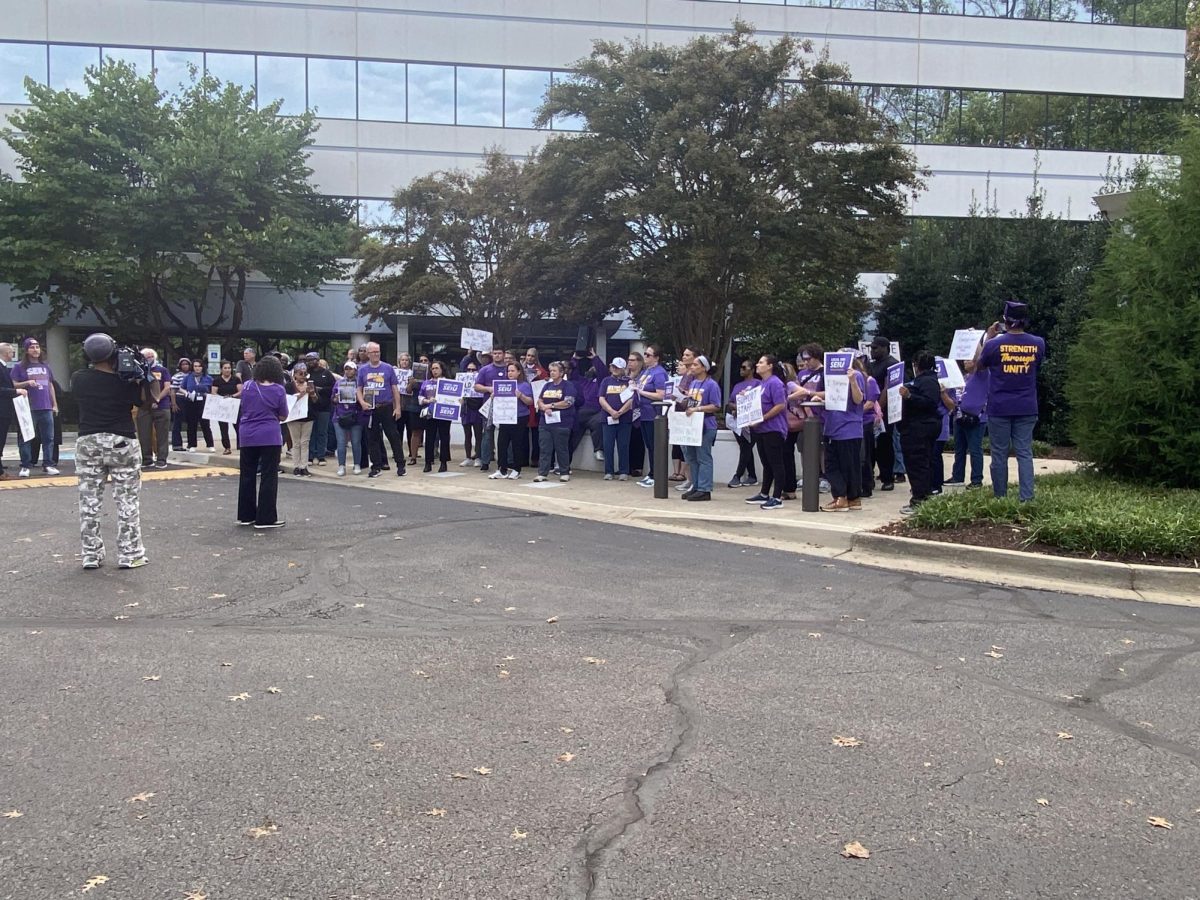Bloodlines have no bearing on how a student develops their academic qualifications, yet they still can determine the course of their educational career. Nevertheless, the majority of universities continue to consider family connections to the institution in their admissions processes. Colleges should accept students into higher education solely based on merit — not their lineage.
In 2023, the Supreme Court banned affirmative action, a practice that allowed universities to consider applicants’ racial and ethnic backgrounds in the admissions process. Historically, institutions used affirmative action to level the playing field for underrepresented groups facing educational barriers. If colleges deem applicants’ racial and ethnic backgrounds inconsequential to their credentials, then institutions should reconsider the credibility of legacy admissions.
Since the Supreme Court ruling, movements to ban legacy admissions — a practice allowing universities to give preferential treatment to applicants related to alumni — have grown. In May, Maryland became the third state to ban legacy admissions, following Colorado and Virginia.
Maryland Governor Wes Moore signed the law into action on April 25, banning legacy admissions at all public and private colleges receiving state funds. In conjunction with preventing preferential treatment for relatives of alumni, the law prohibits institutions from giving preferential treatment to applicants related to donors.
Junior Emma Benaissa said she supports these states’ actions and believes the rest of the nation should follow. These efforts should spark a national law similar to the affirmative action ban, she said.
“I don’t understand what someone’s family going to a prestigious college has to do with you as a person,” Benaissa said. “If you’re going to a college, it should be based off your performance, not based on what your parents did.”
Harvard University is six times more likely to admit legacy applicants. Benaissa said she has the advantage of being a legacy at an Ivy League university, yet she disagrees with the existence of the practice.
“I’m not my mother,” Benaissa said. “We are two different people who have different lives and experiences, so how would her getting into Yale affect me? I want to be able to get in with my own strengths, not my mother’s strengths.”
Research shows that although universities tend to admit legacy applicants at higher rates, they are not more qualified than other applicants. For every spot a legacy applicant occupies in a university’s freshman class, there is consequently less room for other eligible applicants whose parents or grandparents didn’t attend that school.
The number of Americans who disagree with legacy admissions has increased throughout the years. In 2020, around 75% of adults said schools shouldn’t regard a student’s relationship to alumni in the admissions process, as opposed to 68% in 2019.
Sophomore Olivia Mosier’s father attended Yale University. Despite the upper hand this could give her when applying, Mosier said she considers this tradition hurtful and has no reasonable role today. She believes it’s unfair that legacy admissions still exist when affirmative action was outlawed using a similar argument.
“The benefits that people reap are not because they deserve it,” Mosier said. “If you’re admitting someone just because their family is donating money, that’s corrupt. I don’t think that says too much about the child themselves.”
The solution to the injustice of nepotism is simple: a federal ban on legacy in the college admissions process. The justification for using legacy to build an intergenerational community at an institution sugarcoats the reality that legacy admissions allow college admissions officers to provide better opportunities to less deserving students.
Both Republicans and Democrats alike endorsed the movement against legacy admissions. In 2023, Virginia Senator Tim Kaine, a Democrat, and Indiana Senator Todd Young, a Republican, introduced the Merit-Based Educational Reforms and Institutional Transparency Act to Congress. The act would federally ban universities from favoring students related to alumni or donors in college admissions. The bill has yet to be scheduled for a hearing, possibly due to bureaucratic delays.
“America is a land of opportunity, not a land of aristocracy,” Young said in a press release supporting the bill. “Legacy admissions restrict opportunities for many bright and talented young Americans and provide unmerited advantage to the most connected individuals in our society.”
Whitman resource counselor Anne Fletcher contributes to all aspects of students’ college application process. She expressed that colleges should strive for an academically and intellectually diverse class that offers a variety of perspectives and skills.
“[Legacy] is an incredibly biased way of admitting students,” Fletcher said. “You’re not looking at who else can add to our population. Your university is not going to grow. Your university is going to stay stagnant.”
Schools without legacy programs tend to enroll more Hispanic, Black and Indigenous students, proving that legacy admissions weaken a college’s diversity. Admitting based on legacy attracts students from the same social and economic demographics — white and wealthy. In their mission statements, some top universities claim to support a diverse campus community, yet they abandon their mission by continuing the tradition of legacy admissions.
In a nation built on the virtues of equal opportunity, students don’t have the equal opportunity to receive the best education, a vital point in career development. Instead, legacy admissions restrict academically superior students from receiving education from prestigious universities.
Legacy admissions are effective at maintaining alumni engagement and incentivizing donations, but this justification simply says that higher education prioritizes money over hard work. Alumni communities and contributions won’t vanish if legacy is banned. Legacy students can still attend college by working hard to get there, just like everyone else.
“If the attack on affirmative action on the grounds of race is, ‘you gotta put merit first,’” Kaine said in an interview, “well, then let’s put merit first.”
This story was originally published on The Black & White on January 3, 2025.



































